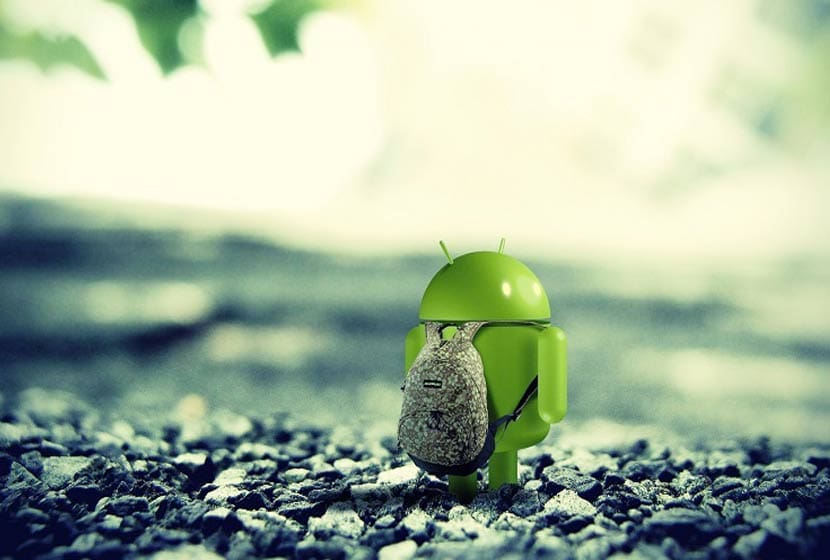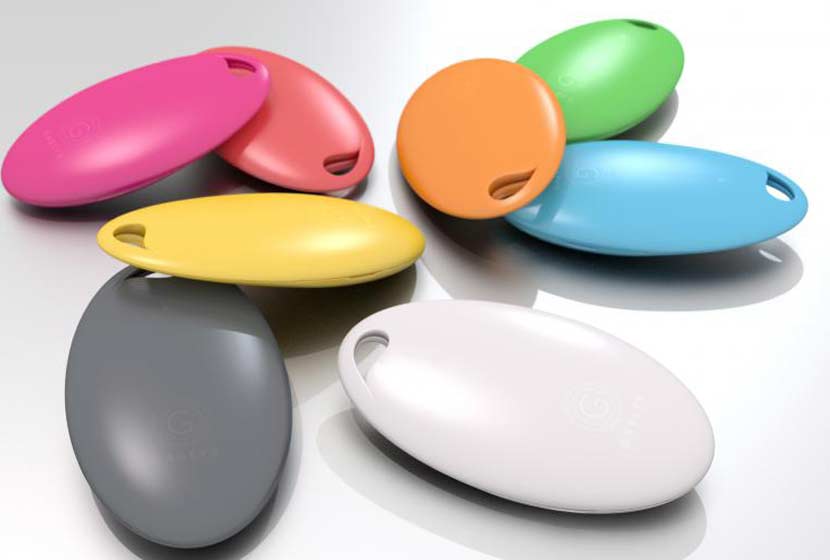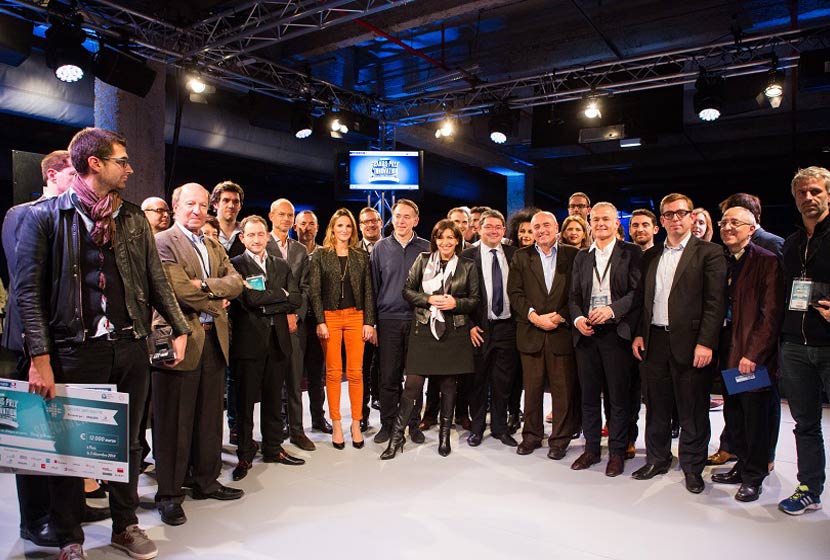The concept of the Internet of Things (IoT) has been receiving increasing attention for some time. Many companies are now calling themselves in the Internet of Things. However, the concept is still rather vague, although more and more reflections refer to this concept in its socio-economic and environmental aspects. One thing is certain, the Internet of Things opens up new avenues of development.
Considered as the new technological revolution after the Internet, the IoT is a reality that carries real stakes. The arrival of Wifi, cellular telephony, miniaturization, the drop in fixed and mobile telecommunications costs, the arrival of fiber and new generation wireless technologies are all elements responsible for the advent of the Internet of Things.
However, while the IoT opens up opportunities for progress in many areas that have not been sufficiently exploited to date, there are also some concerns, particularly with regard to the protection of personal data.
As with any novelty, there are many acquaintances but many strangers with their share of good surprises and disappointments.
Inventory of the revolution of connected objects.
The Internet of Things, for automated data exchange between objects
In a global way, IOT is the connection of all objects that become communicating. Examples include intelligent buildings and connected vehicles. All these objects will bring up a mass of useful and exploitable information.
The question of the Internet of Things can be approached from a technical point of view, in terms of network architecture, addressing, routing, etc., but the Internet of Things is not the only one. It can also be approached from the applications and new uses that it allows. We are talking about a technological and cultural revolution.
The Machine to Machine is one of the links in the Internet of Things, which contributes to this revolution, both in its technological and economic aspects. Indeed, machine-to-machine communications open up a formidable field of innovation: innovation in services and uses, optimization of business processes, compliance with changing regulations, etc.
Today, M2M is an important factor of competitiveness for companies. Among the most data intensive sectors are health, energy, transport, industry, security and agriculture.
As an example, M2M is used in remote monitoring to automatically trigger an alarm in case of intrusion and generate on-site intervention by security guards. In industry, M2M allows to automate the management of the supply chain in real time, to facilitate the tracking of packages, or to improve the traceability of sensitive objects. In the automotive industry, M2M enables the deployment of fleet management solutions to improve fleet managers' decision making.
Turning data into intelligent information with Big Data
An increasing flow of heterogeneous and often unstructured information is generated by the Internet via all the "sensors" of everyday life. Big Data makes it possible to transform all this raw data into usable and intelligent information, and to ensure that this data is captured and stored in a completely secure way.
For example, Big Data can convert millions of pieces of information from mobile networks in real time to anonymously analyze traffic patterns and population movements. Big data is a reality because we are drowning in a real mass of data and information. We can see it, for example, in the exorbitant number of emails we receive every day.
However, the Big Data phenomenon raises many questions for companies. What to do with this data? How to manage it? How to store it? How to use it? How to process it? And above all, what is the value for their business?
A technological transformation that brings new uses
The stake in Big Data is in its monetization. Connected objects deliver a multitude of data whose exploitation is unlimited. Companies must then find new business models and new growth levers for their business. Indeed, the purpose of Big Data is to improve the efficiency of decision making for companies. It is therefore in their best interest to anticipate this technological development. However, it should not be seen as a new IT project, for example, but rather as a new way of thinking and understanding information.
Beware of drifts
Sofa, cookies, socks connected...we now find on the market more and more connected objects, are more useful, and sometimes at the strangest.
Everyone now wants to launch THE great innovation, sometimes to the detriment of common sense. In wanting to digitize everything, we sometimes forget the real purpose of the IoT, which lies in the desire to provide a useful service and improve the daily lives of users.
But the danger lies not so much in the gadgets of everyday life as in the drifts that the use of connected objects could experience, especially in the respect of privacy. We can imagine various cases in which employees are spied on by their employer via activity trackers, among other examples.
At the height of the IoT, it is then essential that everyone ensures that this type of drift cannot occur and keeps their ethics intact.
France positions itself on the Big Data
Empirically, France has often been reluctant to change and developments. The negative aspect to this is that we tend to get on the train and therefore be less competitive. However, this allows us to take more time to reflect on the societal stakes of this evolution. Indeed, we tend to be more sensitive to the human and environmental impact of technological developments than our European colleagues.
Generally speaking, France is well positioned and we can really do well, especially in terms of the level of service we provide. In fact, Big Data is one of the government's flagship projects, at the initiative of Fleur Pellerin, Minister Delegate in charge of Small and Medium Enterprises, Innovation and the Digital Economy.
Today, Big Data makes it possible to respond to many environmental, economic and societal challenges. It is also committed to Sustainable Development, with the ecological approach becoming a new lever of the Internet of Things.
Open forum of Emmanuel Mouton, Chairman of Synox Group












